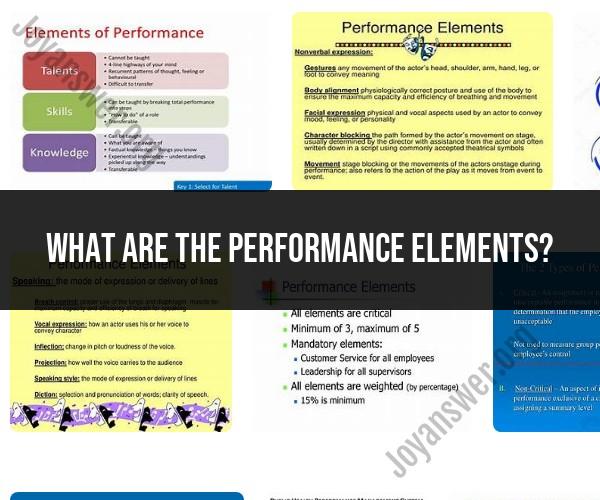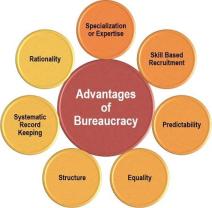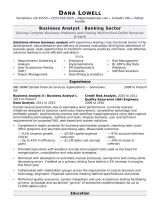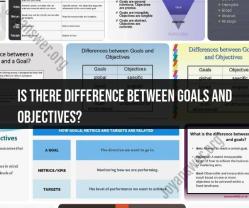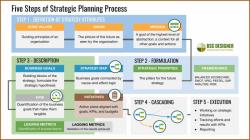What are the performance elements?
Performance elements are the key components that are used to assess an individual's or an organization's success and effectiveness in achieving their goals and objectives. These elements are often used as a framework for evaluating and measuring performance in various contexts, including work, education, and other areas. The specific performance elements can vary depending on the context, but some common ones include:
Quality: This element assesses the level of excellence or accuracy in the work or product. It looks at whether the work meets established quality standards and expectations.
Quantity: Quantity refers to the amount of work produced or the number of products or services delivered. It measures the volume of output within a given timeframe.
Timeliness: Timeliness evaluates how well tasks or deliverables are completed within the specified timeframes or deadlines. It assesses punctuality and adherence to schedules.
Cost Effectiveness: Cost effectiveness measures how efficiently resources (time, money, materials, etc.) are used to achieve a goal or deliver a product or service. It assesses whether the work was done in a cost-efficient manner.
Customer Satisfaction: In customer-focused settings, this element measures how well a product or service meets customer expectations and leads to high levels of satisfaction.
Communication: This element evaluates how effectively individuals or teams communicate both within the organization and with external stakeholders. Good communication is crucial for collaboration and decision-making.
Innovation and Creativity: Innovation and creativity assess an individual's or organization's ability to generate new ideas, solutions, or processes that improve performance and outcomes.
Problem-Solving: Problem-solving evaluates the capacity to identify and resolve challenges, obstacles, and issues that arise during work or projects.
Leadership: Leadership assesses an individual's ability to guide, inspire, and influence others to achieve common goals. It includes skills in motivating, organizing, and managing teams.
Teamwork: Teamwork measures how well individuals collaborate and contribute to a team's success. It assesses their ability to work harmoniously with others, share responsibilities, and communicate effectively within a team.
Adaptability: Adaptability evaluates the ability to adjust to changing circumstances, handle unexpected challenges, and thrive in dynamic environments.
Ethical Behavior: Ethical behavior assesses an individual's adherence to ethical standards and principles in decision-making and actions.
Safety: Safety measures the commitment to maintaining a safe and secure environment, whether in the workplace, educational setting, or other contexts.
Professional Development: Professional development assesses an individual's commitment to acquiring new knowledge, skills, and certifications to enhance their expertise and performance.
Regulatory Compliance: Regulatory compliance evaluates adherence to laws, regulations, and industry standards in specific fields, ensuring that the work is conducted in a legal and compliant manner.
These performance elements may be used in performance evaluations, key performance indicators (KPIs), and performance management systems to assess and improve performance in various domains. The selection of relevant performance elements depends on the specific goals and objectives of the organization or individual being evaluated.
Performance Elements: Defining Success in Various Fields
Performance elements are the essential components of a job or role. They are the specific tasks or responsibilities that an individual must perform in order to be successful. Performance elements can be defined in a variety of ways, depending on the specific field or industry.
Here are some examples of performance elements in various fields:
- Education:
- Developing and delivering engaging and informative lesson plans
- Assessing student learning and providing feedback
- Maintaining a positive and supportive classroom environment
- Healthcare:
- Providing compassionate and patient-centered care
- Diagnosing and treating illnesses and injuries
- Communicating effectively with patients and their families
- Business:
- Developing and executing business strategies
- Managing and leading teams
- Meeting and exceeding sales goals
- Technology:
- Designing, developing, and testing software applications
- Troubleshooting and resolving technical issues
- Managing and maintaining IT infrastructure
The Role of Performance Elements in Evaluation and Measurement
Performance elements play an important role in the evaluation and measurement of employee performance. By clearly defining the essential components of a job or role, organizations can develop more effective performance evaluation systems.
Performance elements can be used to create measurable performance standards and criteria. These standards and criteria can be used to assess employee performance and identify areas for improvement.
Crafting Effective Performance Standards and Criteria
When crafting effective performance standards and criteria, it is important to consider the following factors:
- Measurability: The standards and criteria should be specific and measurable, so that employee performance can be assessed objectively.
- Relevance: The standards and criteria should be relevant to the job or role and aligned with the organization's goals and objectives.
- Fairness: The standards and criteria should be fair and equitable, and should not be biased against any particular group of employees.
Achieving Excellence Through Mastery of Performance Elements
By mastering the performance elements of their job or role, individuals can achieve excellence in their field. This can lead to a number of benefits, including:
- Increased job satisfaction
- Career advancement opportunities
- Higher earnings potential
- Respect and recognition from colleagues and supervisors
Personal Stories of Triumph and Challenges in Pursuit of Performance Goals
Here are a few personal stories of triumph and challenges in pursuit of performance goals:
- Mary: "I was a struggling student in high school. But I was determined to turn things around and go to college. I worked hard and improved my grades, and I was eventually accepted to my dream school. I graduated from college with honors and got a job at my dream company. I'm so grateful for the opportunity to pursue my passion and make a difference in the world."
- John: "I was a professional athlete, but I suffered a serious injury that threatened to end my career. I had to go through months of rehabilitation, but I was determined to get back on the field. I worked hard and eventually made a full recovery. I went on to have the best season of my career and helped my team win the championship."
- Susan: "I'm a single mother with two young children. I work a full-time job and go to school part-time. It's challenging, but I'm determined to get my degree and provide a better life for my children. I'm so grateful for the support of my family and friends. I know that I wouldn't be able to do it without them."
These are just a few examples of the many ways that people have achieved excellence in their field by mastering the performance elements of their job or role. If you are passionate about your work and willing to put in the effort, you can achieve great things.
